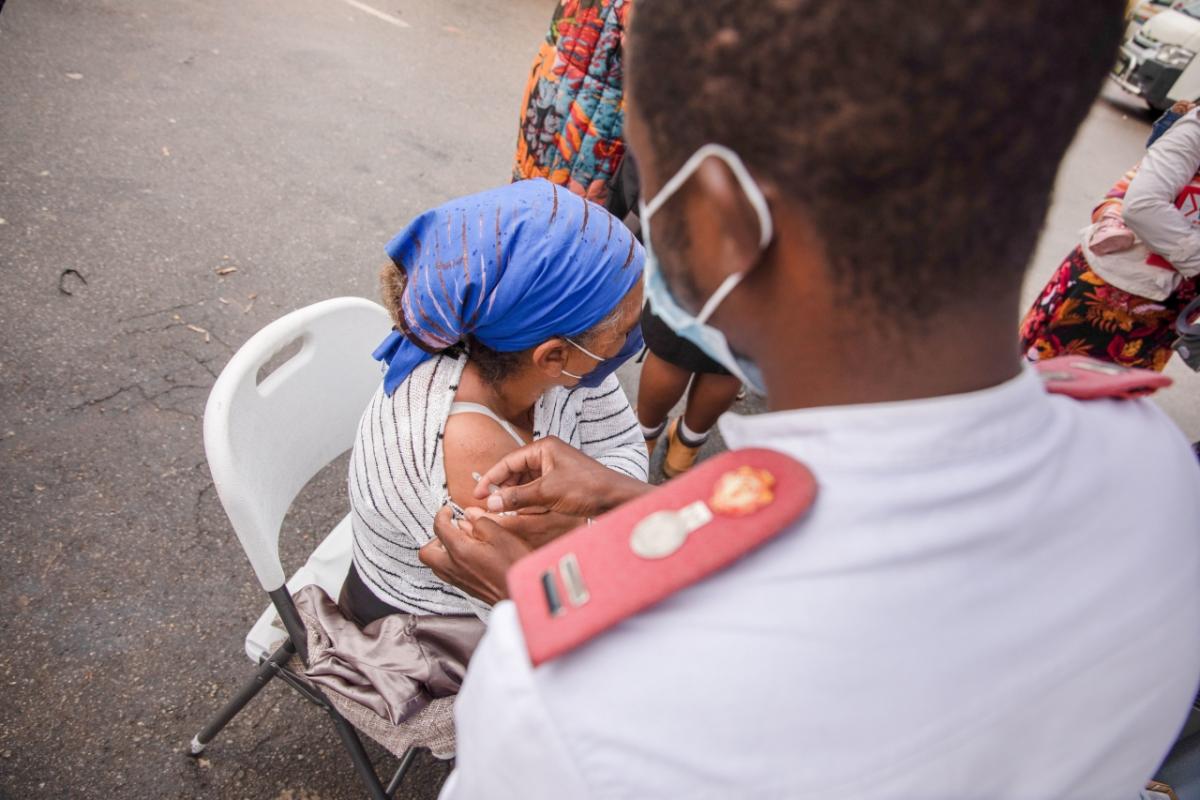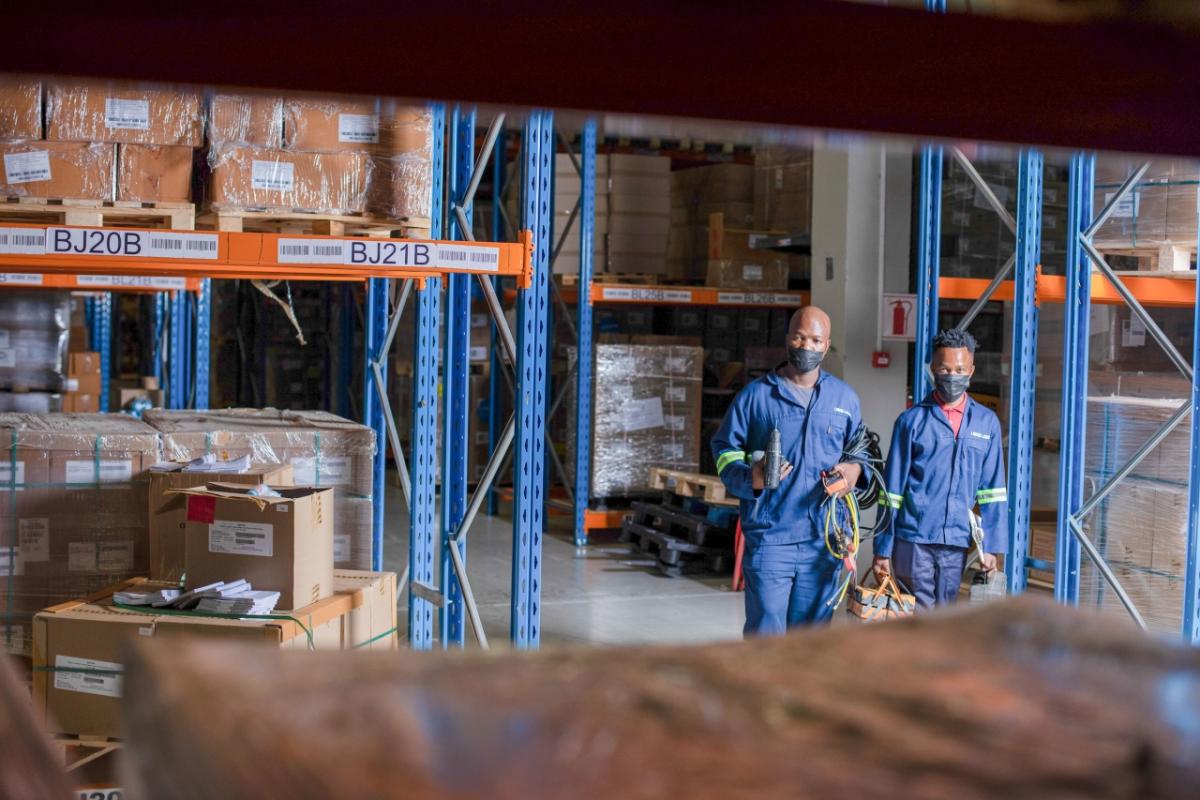Strengthening Public Health Systems Across Africa by Leveraging the Coca-Cola System
WASHINGTON, May 23, 2022 /3BL Media/ - At the World Economic Forum’s 2022 annual meeting at Davos, Project Last Mile with The Global Fund to Fight AIDS, Tuberculosis and Malaria (The Global Fund) launched its Compendium, Partnering for Health. The document aims to answer the question, “What does it take to build and scale a partnership that translates private sector strengths into the public health system for the global good?”. The Compendium is designed to be shared with other organizations interested in partnering for health.
The COVID-19 pandemic brought the need for multi-sector partnerships to solve the most pressing global health challenges to the forefront. Innovative, multi-sector partnerships are required to leverage comparative advantages and strengthen capacity for public health.
Project Last Mile is a multi-sector partnership pioneering a scalable model for health systems strengthening through transferring the business and technical expertise of the Coca-Cola system to ministries of health in 12 African countries.
The partnership brings together The Global Fund, the President’s Emergency Plan for AIDS Relief (PEPFAR), the United States Agency for International Development (USAID), The Bill & Melinda Gates Foundation, The Coca-Cola Company, and The Coca-Cola Foundation.
“As a multi-sector partnership, Project Last Mile shares and applies proven private sector supply chain expertise and marketing knowledge with donors and ministries of health to improve the availability of life-saving medicines, strengthen systems, and increase the demand for health services,” explains Executive Director, Adrian Ristow.
Compendium Objectives
Project Last Mile believes that sharing its experiences and real case studies of sustainable, replicable, and scalable partnerships can help government officials, business leaders, and development partners create more high-impact, sustainable, and scalable partnerships. It also believes that the keys to success shared in the Compendium can be replicated and adapted to drive continued innovation in private sector engagement for global health.
“To achieve our goals for 2030, building stronger and more resilient health systems that can protect everyone, everywhere from the deadliest infectious diseases – both those we face now and those that will inevitably emerge in the future – we need to intensify and scale up such partnerships with the private sector,” says Peter Sands, Executive Director of The Global Fund.
“The strength of Project Last Mile lies in the fact that it is collectively owned and driven by all partners,” says James Quincey, Chairman and Chief Executive Officer of The Coca-Cola Company. “Each brings to the table their core competencies and strengths.”
The case studies featured in Partnering for Health come from diverse countries (Tanzania, Eswatini, Mozambique, Nigeria, and South Africa) where Project Last Mile works.
Access the Compendium at https://www.projectlastmile.com/partneringforhealth/
###
For more information contact:
Wendy van Eyck
Project Last Mile
+27 83 677 3896
wendy@projectlastmile.com
About Project Last Mile: Project Last Mile has over 10 years of experience pioneering a scalable model for strengthening health systems by transferring the Coca-Cola system’s business and technical expertise to ministries of health and their partners across Africa. Project Last Mile has reached 35.6 million lives through 35 projects in 12 African countries.







